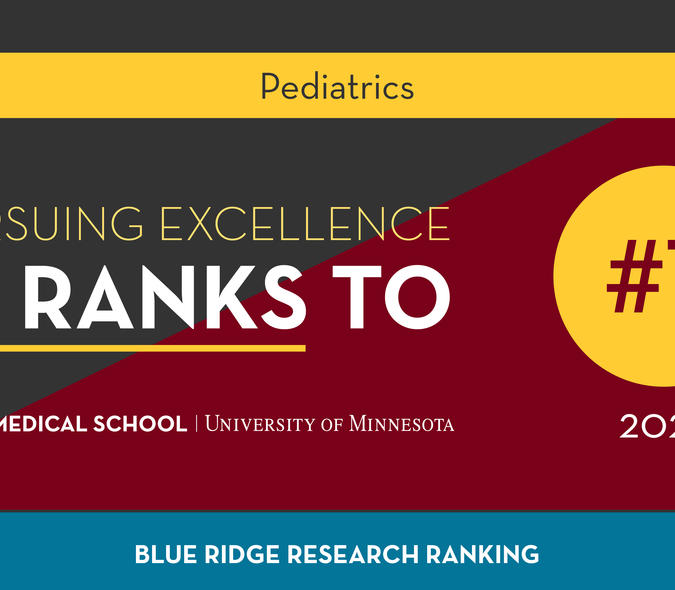Promising Treatment to Slow Kidney Disease Doesn’t Withstand Testing in Clinical Trial
Michael Mauer, MD, Professor of Medicine for the Department of Pediatrics and faculty member with the Division of Pediatric Nephrology, recently worked on an international randomized clinical trial investigating a promising treatment to slow the progression of kidney disease in type 1 diabetic patients. Dr. Mauer was the co-principal investigator for the study titled “Preventing Early Renal Loss in Diabetes (PERL)”, working with Alessandro Doria, MD, PhD, MPH, Senior Investigator in Joslin Diabetes Center’s Section on Genetics and Epidemiology and professor of Medicine at Harvard Medical School.
PERL was carried out at 16 different international sites where participants in the double-blind, three-year study received a renin-angiotensin system inhibitor (the current standard of care), which has been shown in previous studies to slow the rate of kidney damage. Previous studies involving renin-angiotensin system inhibitors showed decreasing levels of uric acid, a chemical often associated with the progression of kidney disease from type 1 diabetes, offering the indication that this treatment may help slow the progression of the disease. Researchers used glomerular filtration rate (GFR), or how much blood is filtered by the kidneys every minute, to monitor the progression and severity of kidney disease throughout the trial. As kidney disease progresses, GFR slows to the point where dialysis or kidney transplantation is needed to survive.
The results from Dr. Mauer and colleagues’ study showed that although uric acid decreased, there were no effects on GFR, indicating that this treatment may in fact not be slowing the progression of kidney disease. Other studies have confirmed these results, providing key information in the fight to treat kidney disease.
Read more about Dr. Mauer’s study and other research surrounding this topic.

